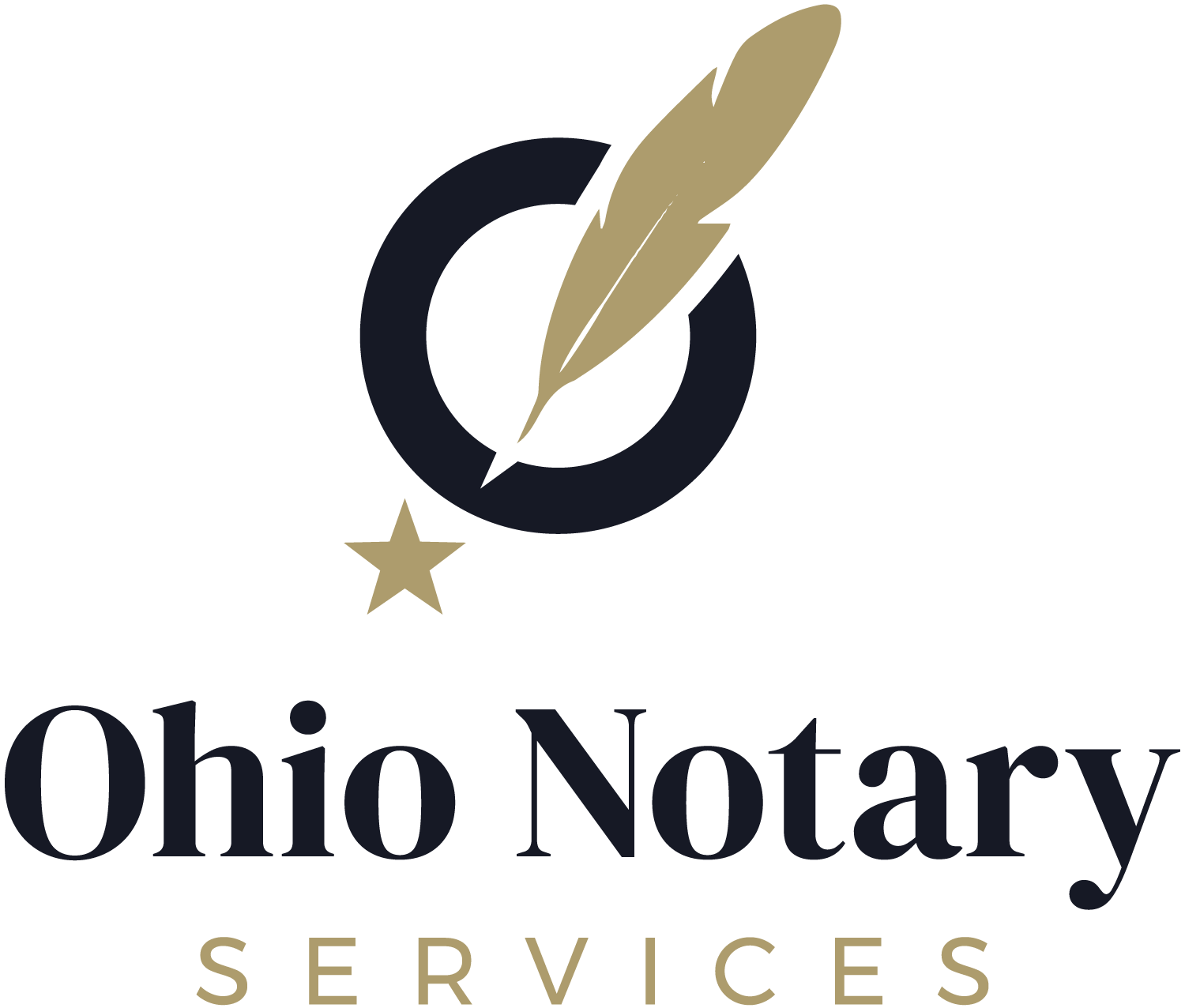DIRCO Regulations Demystified: A Guide to Diplomatic Protocol
DIRCO Regulations Demystified: A Guide to Diplomatic Protocol
Blog Article
Debunking Notarial Job: Simplifying the Role and Value of Notaries
In the elaborate web of lawful paperwork and verification, notaries stand as pillars of guarantee and credibility. Their function, often shrouded in secret for several, lugs considerable weight in ensuring the validity and integrity of critical files. As guardians of legitimacy and reality, notaries play a critical component in our culture, yet their job is not constantly totally understood. By deciphering the complexities bordering notarial practices and shedding light on the significance of their acts, a more clear understanding emerges of the important duty notaries play in promoting the material of lawful and legal agreements.
The Background of Notarial Job
The background of notarial work dates back to ancient civilizations, where scribes played a vital duty in tape-recording important information and authenticating records. This led to the development of notaries, individuals assigned by the state to act as unbiased witnesses in legal issues.
Throughout the Center Ages, notaries acquired importance in Europe, with their functions increasing to include preparing legal records, certifying signatures, and protecting documents. The rise of worldwide trade better highlighted the relevance of notarial operate in verifying agreements and arrangements throughout boundaries.
In the modern era, notaries proceed to play an important function in legal and organization purchases by verifying identifications, verifying the authenticity of records, and avoiding scams. Their role in accrediting the credibility of contracts adds a layer of security and trust to the ever-evolving landscape of commerce and regulation.

Obligations and Obligations of Notaries
Notaries play a crucial duty in confirming the credibility of papers and the identification of signatories. One of their main duties is to witness the finalizing of essential records, such as agreements, wills, and acts, to ensure that all celebrations are getting in into arrangements intentionally and voluntarily.
In addition, notaries are charged with carrying out affirmations and oaths, which are vital in legal procedures and the implementation of testimonies. They certify duplicates of initial documents, providing guarantee to institutions that the copies hold true reproductions of the originals. Notaries must maintain accurate records of all transactions they manage to make certain openness and liability. Generally, the obligations and duties of notaries are vital in securing the integrity and legitimacy of different documents and deals.
Notarial Certificates and Signatures
Exemplifying meticulous attention to information, notarial certifications and trademarks work as crucial parts in confirming the credibility of legal files. Notarial certificates typically have crucial details such as the day of notarization, the names of the signatories, a summary of the record, and the notary's official seal. These certifications give a clear document of the notarial act, making sure that the file can be easily recognized and mapped back to the notary who managed the process.
Signatures play a pivotal role in notarial work, as they represent the agreement and authorization of the celebrations involved. Notaries carefully witness the finalizing of files to validate the identity of the signatures and confirm that they are authorizing of their very own free choice. By attaching their official seal and trademark to the paper, notaries accredit that the essential procedures have actually been complied with and that the record is enforceable and legitimate.
In essence, notarial certifications and signatures are the hallmark of credibility in lawful purchases, offering guarantee to all celebrations entailed that the papers are legit and binding.
Importance of Notarial Acts

Registration Process Explained
The notarization procedure commonly starts with the specific presenting the record to a notary public. Once the identification is validated, the notary ensures that the specific signing the document does so willingly and without any kind of threat.

Final Thought

Notarial certifications commonly include vital information such as the date of registration, the names of the signatories, a summary of the document, and the notary's main seal. These certifications provide a clear record of the notarial act, guaranteeing that the document can be easily determined and mapped back to the notary that oversaw the process.
By attaching their main seal and trademark to the paper, notaries certify that the essential treatments have been followed and that the paper is legitimate and enforceable.
By validating the identification of the signatures, verifying their determination to enter right into the arrangement, and certifying the day and location of the signing, notaries play a vital duty in upholding the validity of lawful papers.After the document is authorized, the notary will certainly fasten their main seal or stamp onto the record.
Report this page